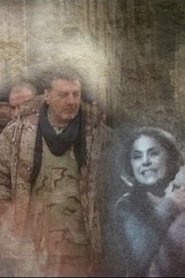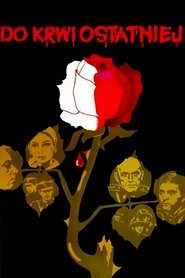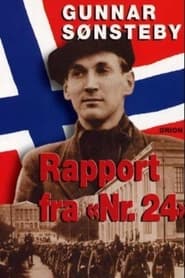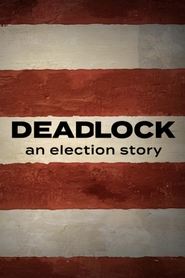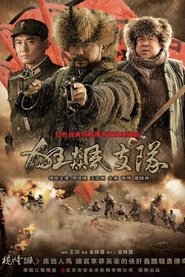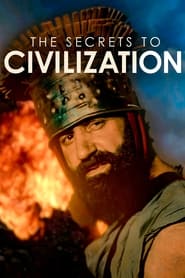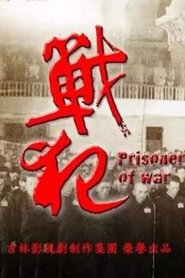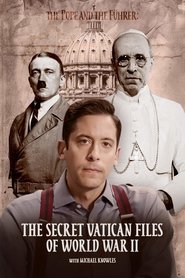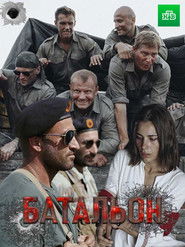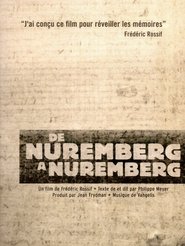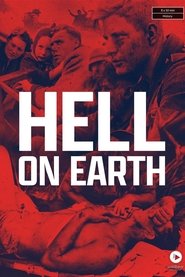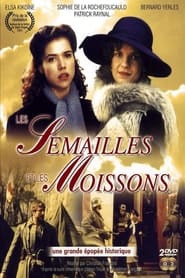War Politics TV Series - Page 108
-
Without Sheath
2016
Without Sheath
2016
A story of police intelligence in which the conflict between Syrians between 2011 and 2012 is portrayed, emphasizing the struggle with religious extremists turned blindly into pro-state allies, and characterizing the true essences of different Syrians, between loyalists and opponents. -
The Asian Century
2017
The Asian Century
2017
How did North Korea build its nuclear bomb? How did India's Partition really come about? How did the death of Mao lead to a new age in China? As the world's eyes turn towards Asia, it has never been more important to understand the recent history of the world's largest continent. This landmark series deconstructs the pivotal events which have shaped the current Asian Century. Combining rare archival footage and personal eyewitness testimony, the series challenges accepted views and reveals the personalities and rivalries that have shaped history. -
Do krwi ostatniej
1981
Do krwi ostatniej
1981
-
Evangelicals for World Domination
2023
star 9From the Cold War to the present day, the expansion of evangelicalism has fostered the emergence of Christian fundamentalism. In three parts, this in-depth investigation reveals the cogs of a formidable politico-religious machine determined to extend its empire over consciences. -
Rapport fra "Nr. 24"
1994
Rapport fra "Nr. 24"
1994
-
Sokhumi
2024
Sokhumi
2024
-
DEADLOCK
2024
DEADLOCK
2024
Experts explore ethical dilemmas, promoting constructive dialogue about polarizing issues. -
Kuang Biao Zhi Dui
2012
Kuang Biao Zhi Dui
2012
-
The Secrets To Civilization
2021
star 6.6Secrets to Civilisation is a groundbreaking History series which explores the recent explosion in data about our planet's past, offering a completely fresh perspective on the ancient world from the Bronze Age to the fall of Rome. -
Angling Dharma
2021
Angling Dharma
2021
Angling Dharma tells the story of the divisions that occurred in the Malwapati Kingdom when it was led by Prabu Angling Dharma, who was known as a wise king and possessed the magic of mandraguna. The split was sparked by a feud between Angling Dharma and Syudawirat with a background in the struggle for the throne. -
戰犯
2018
戰犯
2018
-
The Pope and the Führer - The Secret Vatican Files of World War II
2025
Pope Pius XII, the man who led the Church through WWII, has been maligned by history as the Pope that could have stood against Hitler, but remained silent. Recent archival revelations, however, tell a different story. What is the truth? How did he respond to the Nazi threat? And who told his story? -
Батальон
2019
-
七战七捷
1995
七战七捷
1995
-
Jean Moulin
2002
-
Hell on Earth
2022
